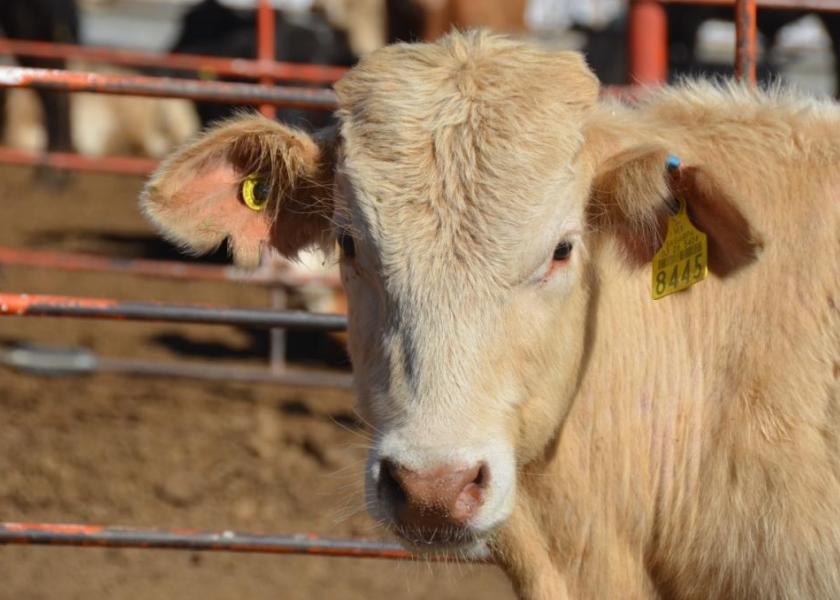APHIS Awards RFID Ear Tag Contracts

The U.S. Department of Agriculture’s (USDA) Animal and Plant Health Inspection Service (APHIS) recently awarded contracts to purchase up to eight million low-frequency radio frequency identification (RFID) ear tags, which will help increase overall animal disease traceability in cattle and bison. The contract allows APHIS to purchase additional tags each year for up to five years.
“USDA continues its commitment to protecting our Nation’s animal agriculture by increasing traceability in the cattle and bison sectors, in this case by providing free RFID tags to interested producers,” said Under Secretary for Marketing and Regulatory Programs Greg Ibach. “This will not only help offset the costs of switching to RFID tags, but also help us more quickly respond to potential disease events.”
USDA believes that RFID devices will provide States and the cattle and bison industries with the best opportunity to rapidly contain the spread of high economic impact diseases. Use of RFID tags better positions the livestock industry, State and Federal veterinarians to accurately and quickly trace animals exposed or infected with potentially devastating diseases before they can do substantial damage to the U.S. livestock industry.
These RFID tags will be provided to animal health officials and will be distributed for use in replacement breeding cattle and bison at no cost to the producer. RFID low frequency official calfhood vaccination (OCV) button tags are available for brucellosis-vaccinated animals, and official “840” white button tags are available for non-vaccinated heifers. Free metal National Uniform Eartagging System tags will remain available as USDA continues to receive comments and evaluate next steps on its proposed RFID transition timeline. The proposal is available for review and public comment through October 5, 2020.
Contracts for the RFID tags were awarded to three American tag companies, all compliant with the Buy American Act– Allflex (Dallas, TX), Datamars (Temple, TX), and Y-Tex (Cody, WY). Contracting with all three manufacturers will allow USDA to procure the number of tags needed to meet an industry volume equivalent to the number of replacement heifers in the United States.
As part of its overall effort to increase traceability in cattle and bison, APHIS distributed more than 1.1 million RFID tags to 38 states between January and July 2020. Each state veterinarian distributes the tags in a way that best serves their industry. For more information on availability and distribution of tags, producers can contact their State Veterinarian’s office. Producers can also purchase RFID tags for their animals by contacting any of the companies approved to manufacture official identification RFID tags.







